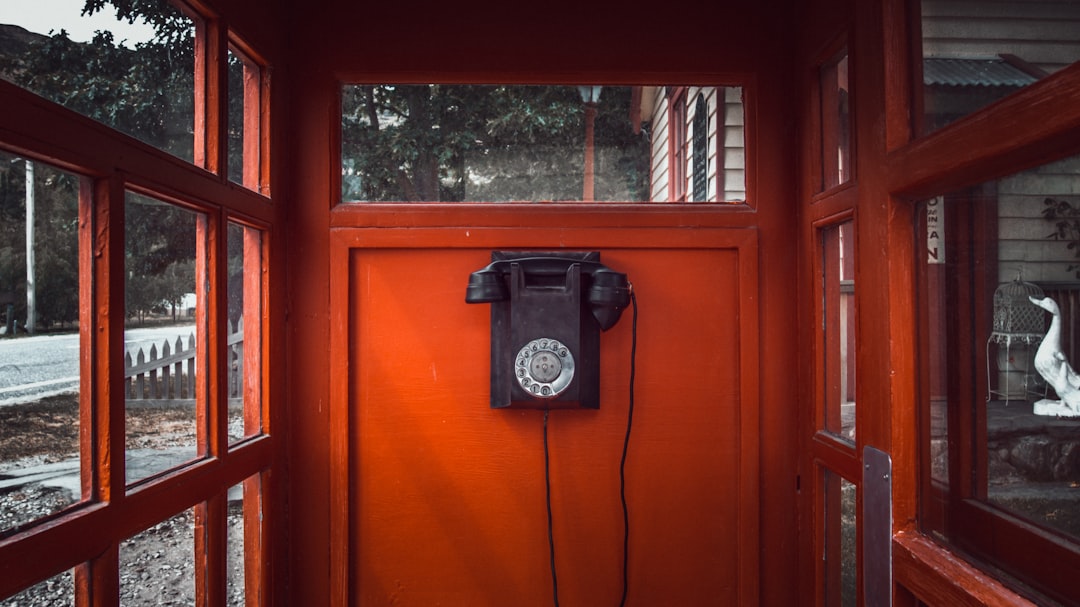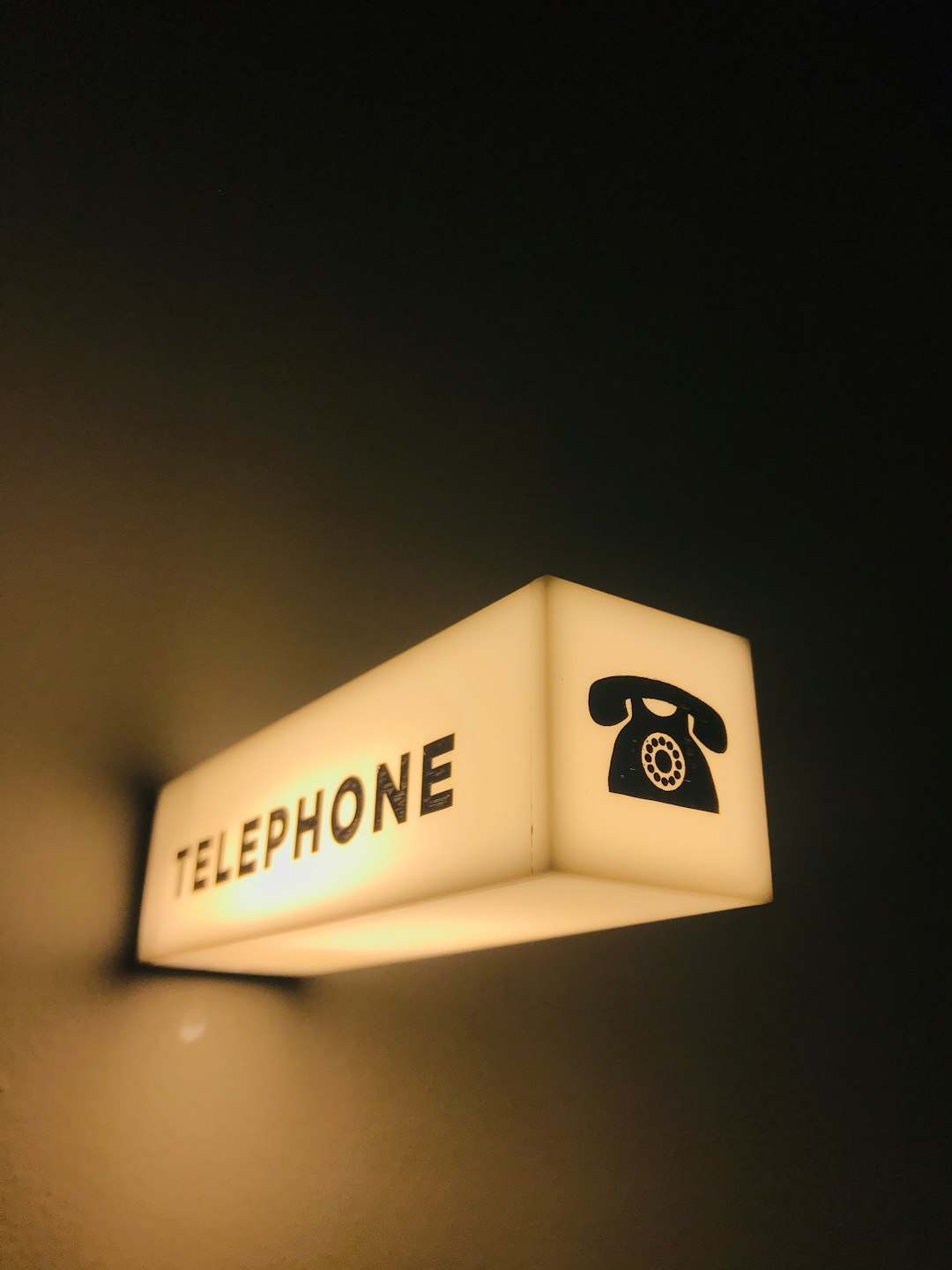In today's digital era, robocalls have become a significant nuisance in Iowa, with residents facing fraudulent or unwanted phone calls seeking personal information. The Telephone Consumer Protection Act (TCPA) offers protections and legal avenues for compensation against robocallers. Iowans can take action by documenting calls, blocking numbers, reporting incidents, and potentially suing for damages if their TCPA rights are violated. Consulting a specialist on "Can I Sue For Robocalls Iowa" is advised to protect against intrusive phone marketing activities.
In Iowa, as across the nation, robocalls have become a ubiquitous nuisance. These automated phone calls often masquerade as legitimate organizations, enticing Iowans to share sensitive personal information. This article delves into the growing problem of robocalls in Iowa, exploring their impact and the dangers of divulging personal data over the phone. We also detail legal protections available to Iowans and provide actionable steps if you’ve fallen victim to fraudulent robocalls, including the possibility of suing for robocalls in Iowa.
Understanding Robocalls and Their Impact in Iowa

In today’s digital age, robocalls have become an increasingly common nuisance for Iowans and residents across the nation. These automated phone calls, often disguised as legitimate organizations or individuals, can be a significant problem, especially when they involve attempts to gather personal information. Iowa law offers some protection against unwanted robocalls, but understanding their impact is crucial.
Robocalls can have a profound effect on individuals’ peace of mind and security. They often solicit personal details, such as social security numbers or financial information, under the guise of prize notifications, surveys, or official communications. In Iowa, where privacy laws are designed to safeguard residents’ rights, there are legal avenues for those affected by abusive robocalls, including potential lawsuits under the Telephone Consumer Protection Act (TCPA). However, recognizing and reporting these calls is just the first step; knowing your rights and understanding the legal framework surrounding robocalls can empower Iowans to take action against this intrusive practice.
The Dangers of Sharing Personal Data Over the Phone

Sharing personal information over the phone can expose Iowans to significant risks. Scammers often use deceptive tactics, posing as legitimate organizations or authorities, to trick individuals into divulging sensitive data like social security numbers, bank account details, and credit card information. These fraudulent calls, commonly known as robocalls, are a growing concern in Iowa and across the nation.
In terms of legal recourse, Iowans who have fallen victim to such scams may consider their options, including potential lawsuits against robocallers. The Telephone Consumer Protection Act (TCPA) offers protections against unwanted calls, and individuals who suffer financial loss due to deceptive practices may be entitled to compensation. Understanding one’s rights and exploring legal avenues, especially in cases of persistent or malicious robocalls, can help Iowans protect themselves and hold perpetrators accountable.
Legal Protections for Iowans Against Unwanted Calls

In Iowa, residents enjoy legal protections against unwanted telephone solicitations and robocalls. The Telephone Consumer Protection Act (TCPA) is a federal law designed to curb excessive or intrusive phone marketing. Under this act, Iowans have the right to refuse receiving prerecorded messages or automated calls for marketing purposes. If your privacy has been invaded by persistent or unauthorized calls, you may have legal recourse. You can file a complaint with the Federal Trade Commission (FTC) and potentially seek damages if you can prove that your rights under the TCPA were violated. This includes situations where you’ve received robocalls in Iowa, as well as any resulting harm to your emotional well-being or financial loss.
The TCPA allows individuals to take legal action against companies or organizations that make unwanted calls, including those using automated systems or pre-recorded messages. If you’ve been harmed by these types of calls, consulting with a lawyer specializing in telecommunications law can help determine if you have grounds for a lawsuit (Can I Sue For Robocalls Iowa). Understanding your rights and exploring legal options is crucial to protecting yourself from intrusive phone marketing activities.
Steps to Take if You've Been a Victim of Fraudulent Robocalls

If you’ve fallen victim to fraudulent robocalls in Iowa, don’t panic. The first step is to hang up immediately and avoid engaging with the caller. Document all details about the call, including the phone number, time, and any specific information requested or shared.
Next, contact your service provider to report the incident and request blocking services for that number. You can also file a complaint with the Federal Trade Commission (FTC) online or by calling 1-877-438-4338. Additionally, explore legal options like contacting a consumer protection attorney or suing for robocalls in Iowa, as state laws may provide avenues for recovery and deterrence.






